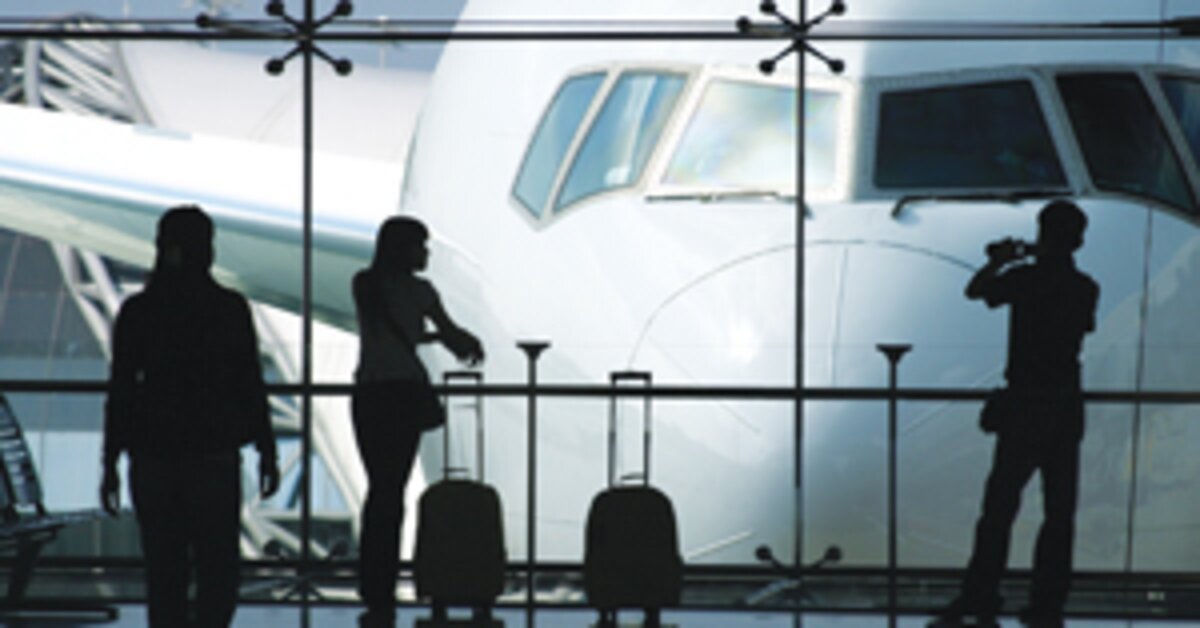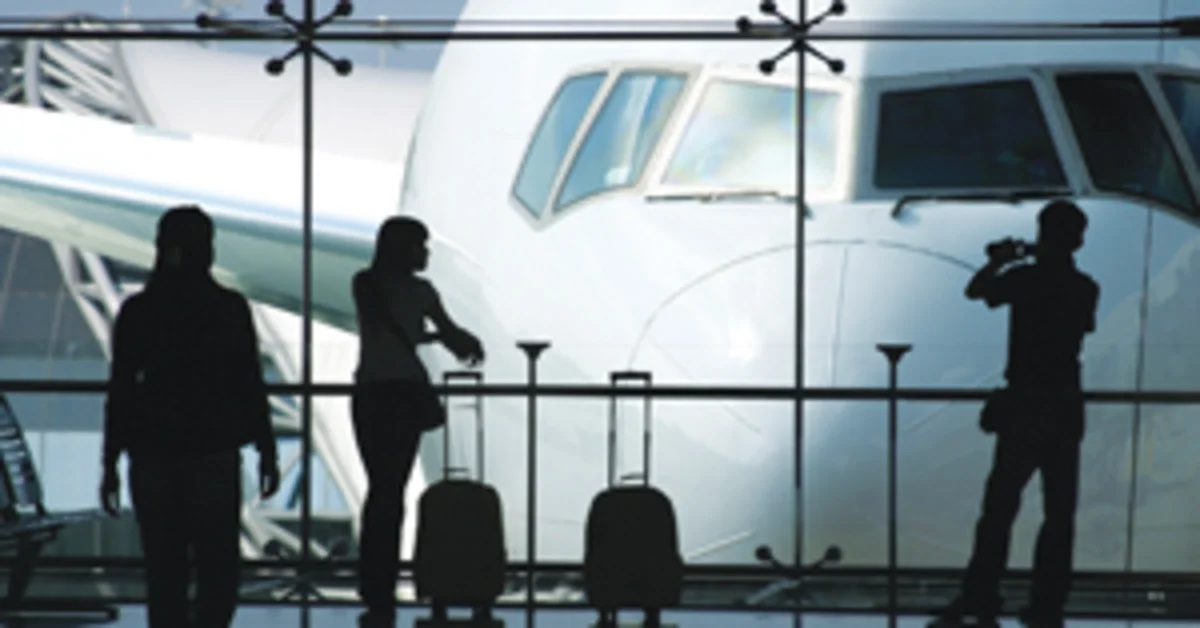
As 2024 ends and 2025 comes into sight, the global business travel industry believes that this year exceeded expectations, paving the way for increased budgets, strategic investments and growth initiatives to come.
A new poll by the Global Business Travel Association (GBTA) has shown that 86% of global business travel buyers and travel suppliers surveyed believe that business travel performed on par or better than they anticipated in 2024.
Additionally, with 67% of professionals stating their outlook on the industry’s future was optimistic, the results suggest a desire for business travel expansion in 2025.
This underscores the industry’s resilience and adaptability in recent years and highlights an increased focus on budgets, technology and sustainability, even as companies navigate rising travel costs and evolving traveller preferences.
Suzanne Neufang, CEO of GBTA said: “Business travel is more than rebounding, it’s transforming − driven by the need to manage costs and risk, ensure strong traveller productivity and experience, and drive responsible growth.
“As 2025 approaches, industry leaders are balancing expansion with accountability, looking to harness new technology, trip trends and sustainable practices to enable business travel to continue to deliver incredible value in a rapidly changing world.”
The poll canvasses 900 business travel professionals worldwide on the trends, challenges and future expectations for global business travel.
Some key findings include:
Positive Sentiment and Optimism, Now and Ahead
As many as 93% of travel buyers and 79% of travel suppliers said the business travel sector had met or exceeded expectations in 2024, despite variable economic and operational conditions.
Two-thirds (67%) of businesses were optimistic heading into 2025, with just 6% pessimistic. North America and Latin America lead the optimism, at 71% and 72%, respectively. Buyers are more confident than suppliers, with 71% of buyers expressing optimism for 2025, compared with 62% for suppliers.
More than half (55%) are not seriously considering limiting business travel in 2025. Only 17% are limiting travel due to economic concerns.
A rising share of buyers (52%, up from 44% in 2023) expect an increase in their travel budgets to support customer-facing meetings, sales initiatives, conferences and internal collaborations.
Some 7% expect budgets to be “significantly” higher, while 16% of buyers anticipate reduced budgets.
Emerging Patterns and Preferences of Business Travellers
The trend of “blended travel” − combining work trips with leisure − continues to rise, with almost half of buyers (46%) saying their employees are taking more “bleisure” trips now than a year ago. Only 9% say employees are taking fewer blended trips.
In-person meetings continue to bounce back. Three in five buyers (59%) say their employees are attending more in-person meetings and conferences now than they did a year ago. Additionally, 45% of buyers said their employees wanted to travel more in 2024 than they did in 2023.
“Linked” business trips that combine multiple meetings and/or stops in a single trip continue to increase. More than half of buyers (53%) admit their employees are taking more linked trips than a year ago. However, business day trips are on the decline while trip duration increases.
A larger number of buyers report seeing fewer day trips (27%) over the past year than more day trips (21%).
Challenges Ahead: Cost, Compliance and Complexities
Balancing ambitious goals with practical constraints will be a challenge in 2025, according to the data.
Companies must navigate budget limitations alongside pressures for technological and sustainable transformation. Cost control remains paramount, cited by three-quarters of travel buyers (78%) as one of the most important strategic priorities for their programme in 2025, alongside traveller safety (65%) and return on investment of travel (49%).
Sustainability: A Complex but Critical Focus
In 2024, 46% of travel professionals said sustainability was a high priority, with 44% integrating sustainability initiatives into their programmes. However, travel buyers say obstacles remain, as 75% cite higher costs as a barrier, along with concerns about complexity (not knowing where to begin), ambiguous emissions measurement standards, and traveller inconvenience.
Travel buyers also saw gains in employees making more sustainable travel choices, with one-third reporting a year-over-year increase in rail/train travel (38%) and multimodal trips (33%).
Technology Adoption and AI Integration
Nearly half (49%) of travel programmes plan to ramp up investments in technology.
Artificial intelligence (AI) is gaining traction as a core component of strategic operational enhancement within the industry. Two in five GBTA respondents (44%, up from 32% last year) say they are excited about the impact of AI on the business travel industry, while one in four (23%) feel it is too early to determine the impact of AI.
The poll finds only 14% of buyers currently use AI in their travel programs, but this marks an 8-point increase from the previous year, suggesting a heightening interest and adoption rate.









